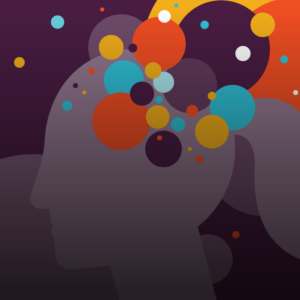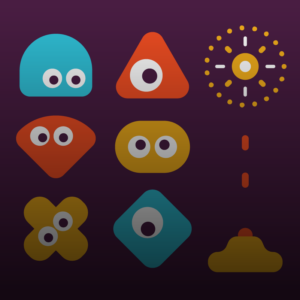The recent Black Lives Matter movement has created an awareness of the prominent racial inequality globally. In fact, last year the Guardian reported that black Britons and those of South Asian origin faced shocking discrimination at levels unchanged since the 1960s.
Perhaps your company wants to support this movement by creating a fairer recruitment process. Currently, BAME (Black, Asian and Minority Ethnic) applicants face an uphill battle in the hiring process. Applicants from minority ethnic backgrounds have to send 80% more applications than a white British person before they get a positive response from a company; according to a study by the Centre for Social Investigation at Nuffield College, University of Oxford. Even if they progress onto an assessment centre or interview stage, black and ethnic minority candidates are 14% more likely to be rejected than white candidates.
But why is this the case?
Humans unconsciously process 11 million pieces of information per second. In order to manage this mass of data, our brains have had to adapt by creating ‘shortcuts’ to help us make decisions. Without this, we would be paralysed into making no decisions or just random ones. This is called cognitive bias. Every one of us carries a degree of unconscious bias and is informed by our previous personal experiences, stereotypes and cultural context.
Although we may not intentionally be applying bias, our brain automatically applies these ‘shortcuts’ to make decisions quickly. For example, Harvard Business School discovered employers aren’t prejudiced against women because of their gender, but because they have the perception that men perform better in certain tasks. Ultimately, these inherent biases can also impact decision-making for BAME candidates in the hiring process.
How can you rectify this?
Unconscious bias is an inherent part of being human. Once we realise we can be prone to unconscious bias, despite our best efforts, we should be turning to AI as a helpful tool to help keep us compliant and open up the recruitment process.
Our Chief Scientific Officer, Dr Boris Altemeyer, revealed to Information Age that “AI doesn’t have to understand its own unconscious bias, because it has none.” Because AI is objective it can assist you in identifying the strongest candidates.
Learn more about unconscious bias here.
Solution: Blind Recruitment
Creating a fairer recruitment process is simpler than you think with an AI-driven recruitment platform such as Cognisess Pro. Our AI can assess and objectively identify the best candidate by purely focusing on skills and abilities. By combining this with blind recruitment you will create an overall fairer process. Information such as age, gender and race is hidden from assessors and is never taken into account for Cognisess assessments. These details may unconsciously influence a hiring decision. This is called ‘blind recruitment’ and focuses purely on the attributes that matter when hiring a candidate, for instance, emotional intelligence, task switching and resilience. This process provides decision-makers with an in-depth understanding of a candidate’s suitability for the role – regardless of background.

Taking the time to craft a fairer application process may also increase the number of diverse applicants who apply. Additionally, a diverse team has a variety of benefits. For example, it can equate to a more profitable company, a McKinsey report uncovered that “Companies in the top quartile for racial and ethnic diversity are 35 per cent more likely to have financial returns above their respective national industry medians.”
Cognisess Pro was recently awarded best AI product in HR by CogX. The platform is data-driven with 50 assessments to choose from measuring over 120 attributes. This range of data has been proven to assist companies like AB InBev and IHG make better informed and fewer bias decisions about recruitment and assessments. For example, hotel giant IHG has recently eliminated potential bias by 93.75% using Cognisess Pro, enabling a fairer and more accurate approach to talent management compared to their more traditional recruitment processes.
Although we can’t help our unconscious bias, we can use AI as a tool to help reduce these biases to strive for a fairer recruitment process. Schedule a free demo to find out more.


